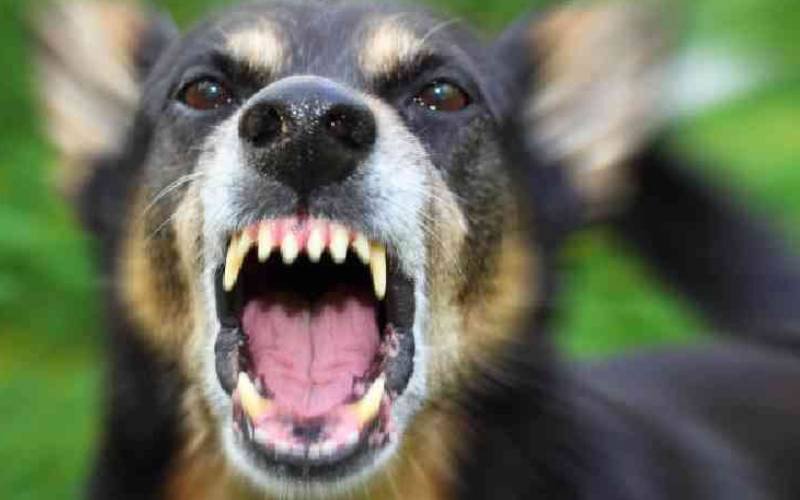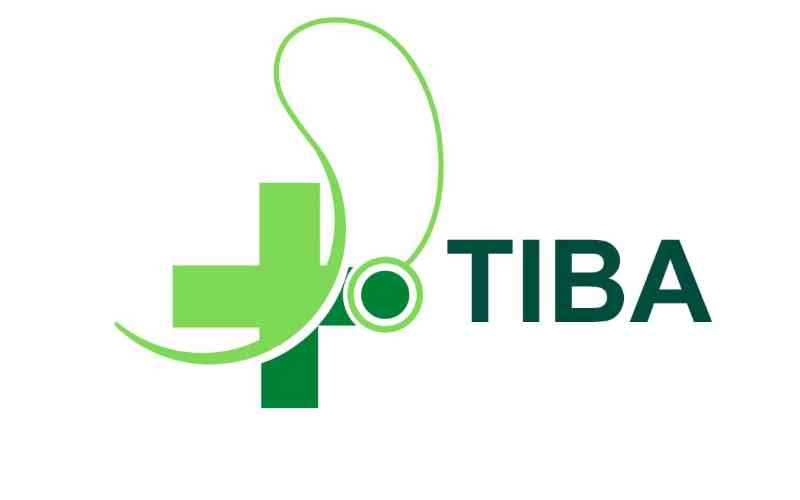
Kenya urges vaccination and swift treatment after bites.
Kenya is seeking international endorsement for its rabies elimination strategy as it joins the global campaign to end human deaths from dog-mediated rabies by 2030.
Director of Veterinary Services Dr Allan Azegele made the announcement on Sunday, September 28, during the 19th World Rabies Day commemorations in Naivasha on Sunday, September 28.
He said endorsement of the Kenya Rabies Elimination Strategy will help the country access resources and technical support from the World Organisation for Animal Health.
Kenya launched its national rabies elimination strategy in 2014, aiming to end human deaths from the disease by 2030.
The plan follows the Stepwise Approach to Rabies Elimination, a globally recognised framework that guides countries from endemic status to disease-free certification through six stages.
The strategy’s pillars include mass dog vaccination, ensuring pre- and post-exposure prophylaxis for bite victims and high-risk groups, public awareness campaigns in rural areas, surveillance to track outbreaks, and collaboration between human and animal health sectors under the One Health model.
Challenges remain, including vaccine stockouts in health facilities, underreporting of rabies cases, and limited awareness among healthcare workers about proper bite wound management.
Azegele said international endorsement would help unlock funding and technical support to address these gaps.
“Today, we reaffirm our shared commitment to ending human deaths from rabies, a preventable yet still deadly disease,” said Azegele.
The Directorate of Veterinary Services has expanded surveillance, trained 50 animal health workers in high-risk counties such as Machakos and Makueni, and supported dog vaccination campaigns that covered eight million animals.
In August, it aided outbreak response in Kilifi County, where medical camps treated 391 people.
Through the Zoonotic Disease Unit and Kenya Veterinary Association, the directorate also lobbied for 10,000 doses of pre-exposure prophylaxis for animal health workers.
Globally, rabies kills nearly 59,000 people every year, according to the World Health Organisation, with Africa and Asia carrying the greatest burden.
Most victims are children in rural communities. Once symptoms such as fever, confusion and muscle spasms appear, the disease is almost always fatal.
Vaccinating dogs remains the most effective way to interrupt transmission. In Kenya, The Donkey Sanctuary has partnered with the Lamu County Government for three consecutive years to run dog and donkey vaccination campaigns.
Country Director Dr Solomon Onyango said protecting donkeys is also vital for rural communities.
“Anyone bitten by a potentially rabid animal should seek post-exposure prophylaxis immediately,” said Onyango, adding, “This series of vaccines saves lives. Donkeys are also central to rural livelihoods, so protecting them from rabies is equally important for safeguarding communities.”
This year, The Donkey Sanctuary worked with the Kenya Veterinary Association, the Kenya Society for the Protection and Care of Animals and other partners in Naivasha to raise awareness and vaccinate animals.
Global health agencies, including the World Health Organisation, the World Organisation for Animal Health and UNICEF, have committed to eliminating dog-mediated human rabies deaths by 2030. Communities are urged to vaccinate pets, avoid contact with stray animals and report bites promptly.
Azegele urged Kenyans to take part in vaccination drives and seek immediate care after bites, saying each action brings the country closer to the global target of zero deaths by 2030.
 The Standard Group Plc is a multi-media organization with investments in media
platforms spanning newspaper print
operations, television, radio broadcasting, digital and online services. The
Standard Group is recognized as a
leading multi-media house in Kenya with a key influence in matters of national
and international interest.
The Standard Group Plc is a multi-media organization with investments in media
platforms spanning newspaper print
operations, television, radio broadcasting, digital and online services. The
Standard Group is recognized as a
leading multi-media house in Kenya with a key influence in matters of national
and international interest.











